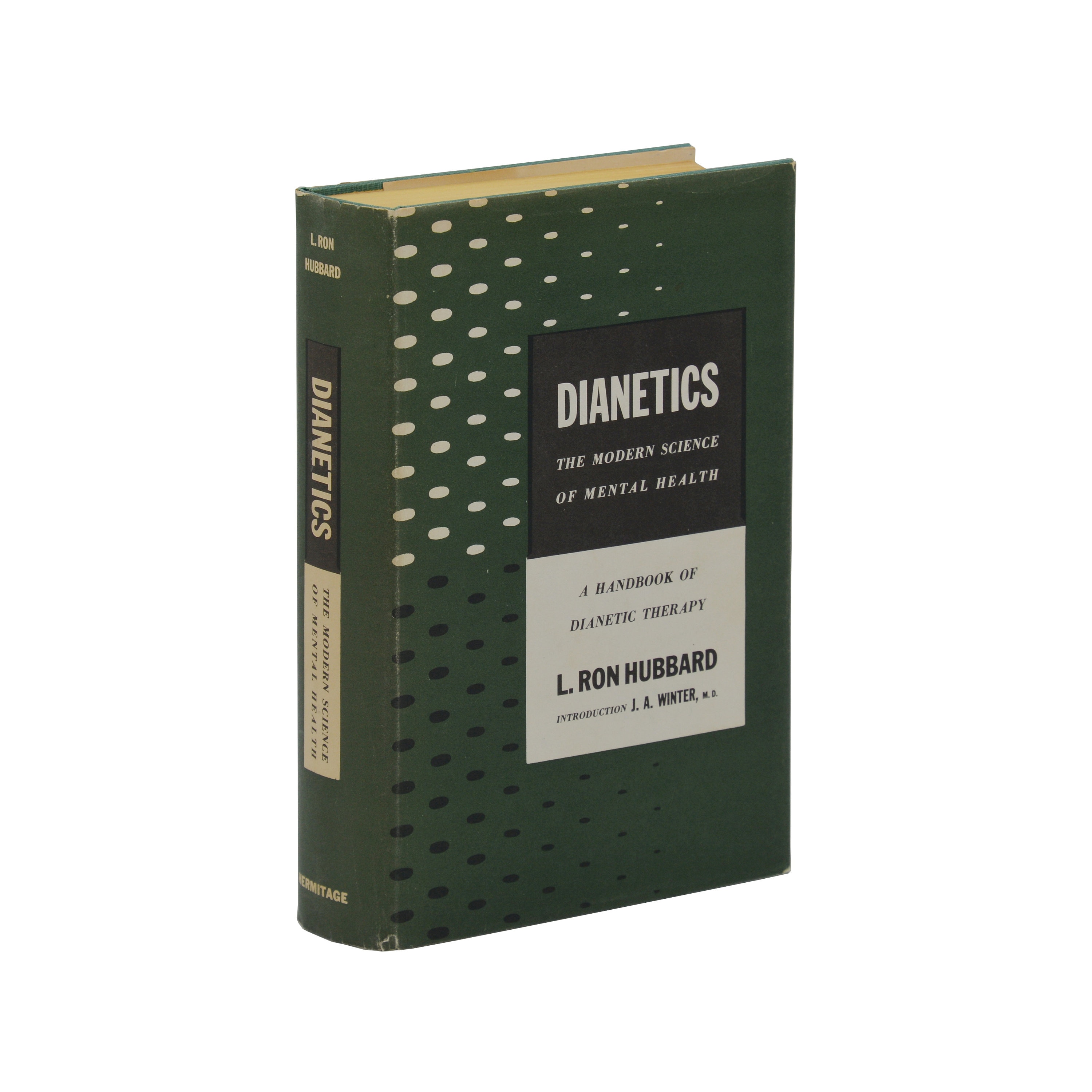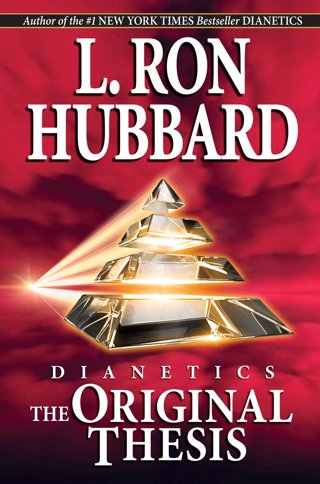The Greatest Guide To Dianetics
The Greatest Guide To Dianetics
Blog Article
The 6-Second Trick For Dianetics
Table of ContentsTop Guidelines Of DianeticsHow Dianetics can Save You Time, Stress, and Money.The Best Strategy To Use For DianeticsThe Facts About Dianetics Revealed
I could not ever not desire to obtain anything that comes to mind for you- if it was otherwise, I wouldn't be resting here with you, doing this. I not only could never have an issue, or not wish to listen to something that enters your mind for you, but I'm entirely excited to know every idea, every thought, every image or feeling that emerges or shows up for you- don't ever believe or else, and if somehow you do, please just let me recognize! In some cases, you may have a thought, and image, concept or incident turn up that does not appear to address the inquiry, or relate to it, but nevertheless, always do tell me concerning it, and as we proceed, the significance will certainly arise for you.This is fundamental in the basis of handling, and the topic of this conversation: the fundamental roles of the counselor and the client: The basic role of the therapist is, contrary to "basic training", not to regulate, which implies to impose and/or prevent, but to rather function from the basis of EMPOWERING THE CLIENT.

All about Dianetics
John Mcmasters expressed this fundamental truth splendidly well in one of his talks on Power handling, wherein he discusses exactly how he was asked what this "unique flair" was that he had for offering such terrific sessions; he had to consider that for a moment, and found that it was what he wasn't doing, in addition to what he was doing: he wasn't reviewing, evaluating, computer, or actually, producing any type of thoughts, not to mention spoken expressions, after providing the command and while waiting on the computer to finish their response to their fulfillment; he was, simply and only, existing with the computer, and entirely interested.
The role of the counselor, showed; that was his "unique flair". I have had my very own experience which educated me this well, really early on in the video game. In 1982, having recently completed my training and internship on New Period Dianetics, I was running this on a PC, and there was a point in the session where (being a bit damp behind the ears not yet having many hours under my belt as a professional auditor) the PC seemed to be "taking also lengthy" to share anything vocally after I gave him a command.
This trick ended up being the most useful contribution that John ever made to the subject of treatment or auditing (Dianetics). In my modest viewpoint, it is the biggest payment that anyone has actually ever made to these subjectsthe application is completely non-judgemental, non-evaluative, and empty of any type of idea, advice or opinion.no preconditioned agenda for individuals, or 'levels' that they have to do
In Scientology we prided ourselves on not reviewing for people. All that really meant was that the auditor did not VERBALLY examine for the Computer in session.
The Dianetics PDFs

Anyone who had ever before seen John audit can not help yet notice a distinct high quality in his auditing."The customer's standard role is to be there with the purpose of relocating the direction of their spiritual goals, and to freely and totally express and experience whatever materializes for them in addressing the inquiries and carrying out the guidelines a knockout post in the handling.
This is something to procedure as required. But likewise, people often have prior experience and/or indoctrination in auditing/processing which, in some methods, and to some levels, really misleads them into attitudes, ideas and behavior patterns that prevent the full understanding continue reading this of these roles, therefore they will certainly often tend to inhibit the expressing of what comes to mind, as in the examples given over. * The very first, and probably foremost examples of mis-indoctrination causing less than completely smooth and reliable sessions, can be located in certain aspects of the training regimens, or "TR's":"TR's" are usually an individual's very first, or at the very least early, experience in Scientology, and while I will certainly go on to clarify what I view as the problems in concept and practice, nonetheless, tend to be significantly healing, done as they are provided (Hubbard insists that "TR's are not processing, they are educating", however factually, they are both handling AND training)
Alan Walter made similar monitorings, and enhanced on these with his "Visibility Processes". There is no "failing", and no denial of the truth of this being processing. The emphasis, as news it ought to be, gets on experiencing the other person's visibility. All the symptoms which obtain a "flunk" in doing "TR-0" are simply the being's initiatives to withstand the various other person's presence, and instead of being bothered and nagged with "Flunk", which imposes "failure!" on the being, one simply needs to be motivated to "stick their feet in the water a little much deeper", to increasingly rehabilitate their capacity and determination to totally share and experience "being here", or "presence", with others.
The Main Principles Of Dianetics

Report this page